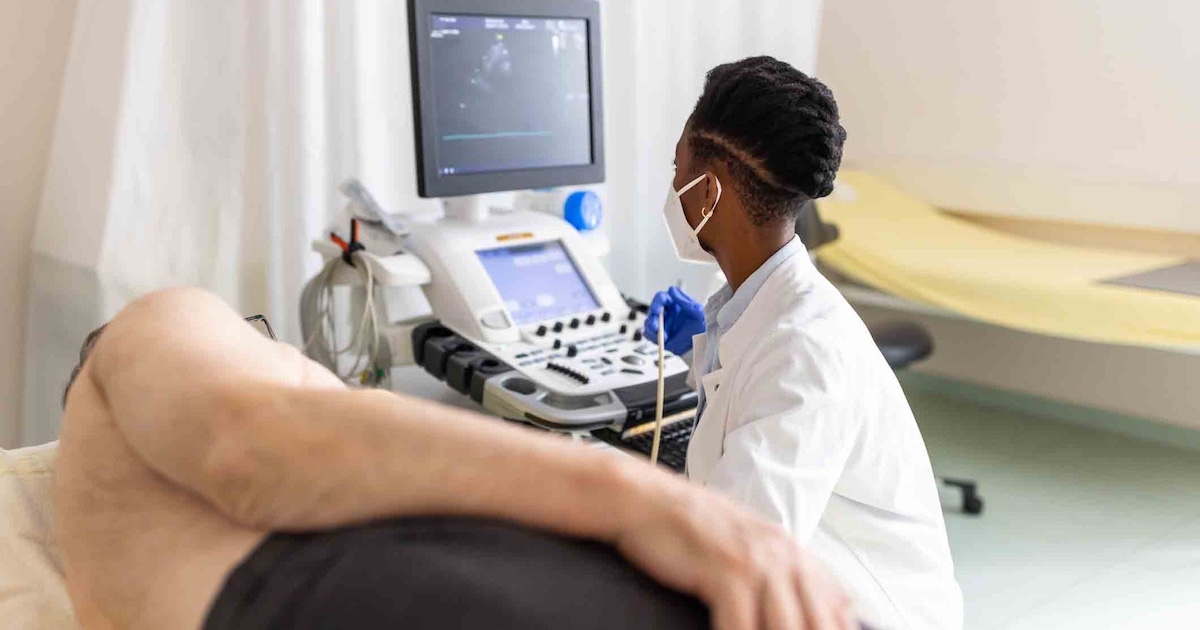 When the Palm Pre App Catalog first launched in early June it had no medical apps to offer, but among the few applications the App Catalog launched with was an emulator app by MotionApps that promised to bring applications from old Palm platforms to the new Pre. In other words, if you are a health practitioner who has relied on a Palm Pilot for the past ten years, now you can upgrade to a new Palm Pre and use the same applications with more or less the same user experience.
When the Palm Pre App Catalog first launched in early June it had no medical apps to offer, but among the few applications the App Catalog launched with was an emulator app by MotionApps that promised to bring applications from old Palm platforms to the new Pre. In other words, if you are a health practitioner who has relied on a Palm Pilot for the past ten years, now you can upgrade to a new Palm Pre and use the same applications with more or less the same user experience.
This is set to change soon -- hopefully. Palm recently announced that 1.8 million applications have been downloaded from its App Catalog, which is a surprising figure given the relatively few apps (in the dozens) available. The number of Palm Pre devices sold is also only in the hundreds of thousands. Last week Palm announced that its Mojo software development kit (SDK) was now available to any developer. Up until now the SDK was only available to a limited number of developers, so now it's time to see if developers are still interested in developing applications for the Pre platform. On the medical app front, competition is sparse for the Pre. We hope to hear about some new Palm Pre medical apps soon.
Meanwhile, The Palm Doc Chronicles blog has done a nice job of keeping up with all things Palm-related for healthcare workers, including which of the old Palm applications work on the Palm Pre through the emulator application. While their list of proven apps is still rather short, it serves as a snapshot of the only medical applications available for the Palm Pre.
Read on for a slideshow of the applications from legacy Palm OS devices that now work on the Palm Pre through the emulator app. It's never been more true: What's old is new again for Palm in the medical world.
 Epocrates Essentials -- From the company: Our medical editors, in collaboration with other respected institutions, have selected the most critical drug, disease, and diagnostic information you need for patient care, and organized it in one really easy-to-use, intelligently linked product. We believe that makes it a must-have mobile resource for busy healthcare professionals. (Most if not all Epocrates Palm OS apps for should work for Pre.)
Epocrates Essentials -- From the company: Our medical editors, in collaboration with other respected institutions, have selected the most critical drug, disease, and diagnostic information you need for patient care, and organized it in one really easy-to-use, intelligently linked product. We believe that makes it a must-have mobile resource for busy healthcare professionals. (Most if not all Epocrates Palm OS apps for should work for Pre.)
 Unbound Medicine's uCentral -- From the company: uCentral is Unbound Medicine's custom point-of-need solution for institutions. It delivers knowledge where and when it's needed most. Users can download trusted, quick reference medical information to mobile devices or search for answers to clinical questions using the Web.
Unbound Medicine's uCentral -- From the company: uCentral is Unbound Medicine's custom point-of-need solution for institutions. It delivers knowledge where and when it's needed most. Users can download trusted, quick reference medical information to mobile devices or search for answers to clinical questions using the Web.
Unbound Medicine customizes uCentral to meet your institution's needs. Select from a list of the most respected medical references available. Support evidence-based medicine with a literature management system that integrates journal alerts, searches, and content across handheld devices and the Web. Give your end users the flexibility to find answers wherever they have questions. (Most if not all of Unbound's Palm OS apps should work for Pre.)

Skyscape's Archimedes Medical Calculator -- From the company: Using Archimedes calculators is simply a matter of selecting the tool you need, entering or choosing input from your specific clinical situation and seeing the answer immediately. But Skyscape also gives you full details of the formula behind the calculation and explanatory information. Archimedes alone of all free medical calculators provides this level of full supporting information.
Over 150 of the most commonly used medical formulas
Easy calculator selection via multiple indexes
Use with Conventional (US) or SI units
Full supporting formula detail and explanations for all calculators
Integration with all Skyscape resources

Statcoder's GRACE ACS Risk -- From the company: Predictors of Mortality in the Global Registry of Acute Coronary Events (GRACE). This beta test program predicts the likelihood of death based on a GRACE risk model. It incorporates the following variables: age; CHF; heart rate; systolic BP; serum creatinine; cardiac arrest at admission; ST-segment deviation; elevated cardiac enzymes. Includes new nomogram for death and death/MI up to 6 months. View the GRACE Risk Model (Archives of Internal Medicine).

ABG Pro -- Analyze Arterial Blood Gases. Adopted from the company: An app that will analyze arterial blood gases for you. The app will tell you whether or not you have a metabolic or respiratory acidosis or alkalosis. It will also calculate expected PCO2 and expected HCO3 when needed and will then tell you if there is a concominant acid-base disorder. It will even calculate Anion Gap and Delta-Delta if necessary. Impress your attendings and fellow residents. Compiled into fast, efficient machine code using Quartus Forth. Only needs 14K of your precious memory (no 50+ K math libraries required!).

Shots -- From the company: A quick reference guide to the Childhood Immunization Schedule, a collaboration of the Advisory Committee on Immunization Practices (ACIP), the American Academy of Pediatrics (AAP) and the American Academy of Family Physicians (AAFP), and the 2007-2008 Adult Immunization Schedule, recommended by the Advisory Committee on Immunization Practices (ACIP). Details on each vaccine are available by clicking on the vaccine names.

MedCalc -- From the company: A medical calculator running on Palm OS devices. It is designed for rapid calculation of common medical formulas and scores used in anesthesiology, pediatrics, emergency, intensive care and internal medicine.
Comprehensive (>80 formulas)
Formulas sorted by categories
Units available either in S.I. or local units (defaults can be set for each item)
Most formulas come with bibliographic references and clinical tips
Results can be saved for later retrieval

Andrew Yee's Eponyms -- From the author: Here's a list of 1,600 common and obscure medical eponyms (e.g., Rovsing's sign, Virchow's node) with descriptions. Started out as 750 eponyms in 2000 now has more than 1,600.

HaemOncRules -- From the author: There are 14 modules comprising algorithms in Haematology-Oncology for computing diagnostic criteria, prognosis and assisting in clinical decision making.


